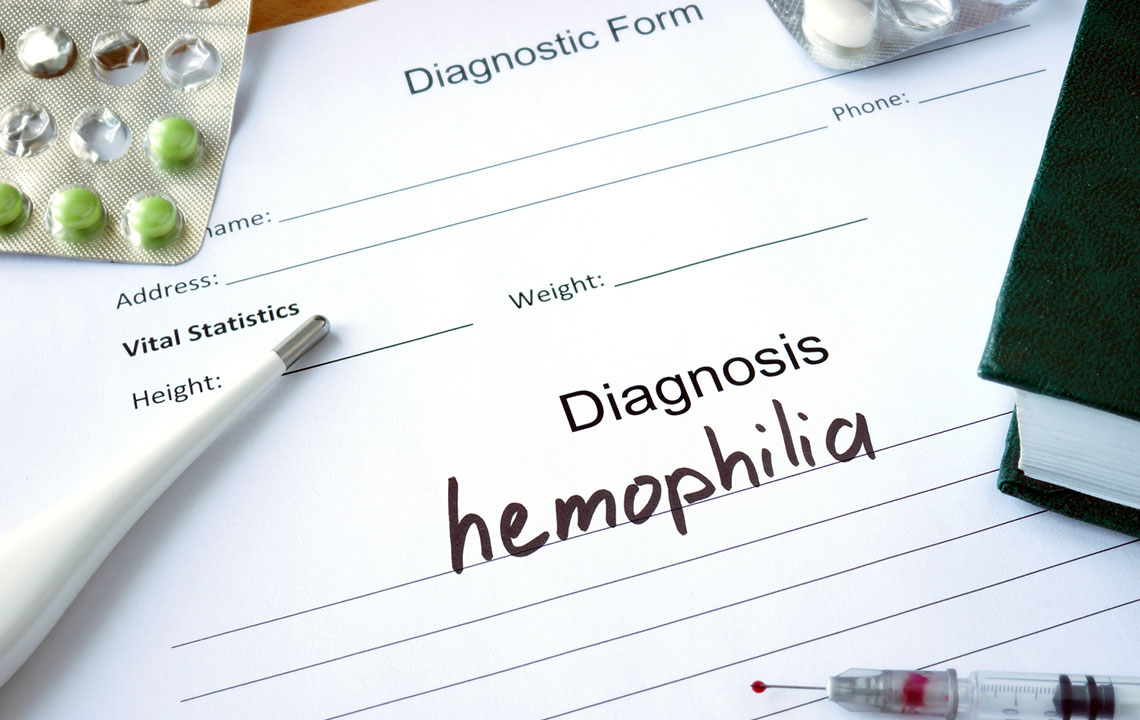Three Factors to Consider While Living with Hemophilia
Hemophilia is a rare disorder where the blood does not clot normally due to the lack of blood-clotting proteins (clotting factors). It is not a contagious disease and people diagnosed with hemophilia are born with the same, i.e. the condition is passed on through the genes of the parents. These genes carry the messages based on which the body’s cells develop. In some cases, one can be diagnosed with hemophilia even when there is no family history of the same.

The disease puts manifold restrictions on one’s day-to-day activities and till now there haven’t been enough effective methods of treatment to let a person diagnosed with hemophilia resume living life as they desire.
Below are the four primary factors one should know about while living with hemophilia:
Hemophilia treatment centers
There are various essential resources which patients diagnosed with hemophilia should know of and one among those are specialized hemophilia treatment centers (HTCs). There are over a hundred HTCs that are being funded through a government-run network. Many of these centers are located at major research and medical centers. These hemophilia treatment centers help patients and their families to know more about their condition, the treatment options available, managing symptoms, strategies that help provide support, etc. It has been found that people who are treated in these HTCs have comparatively fewer bleeding complications and hospitalizations than the ones who aren’t. Also, these centers ensure a comprehensive approach to care that ensures a better quality of life in general. Nurses, social workers, orthopedists, dentists, adult and pediatric hematologists, and physical therapists are a part of the HTCs staff. Most patients get their annual checkups done by relying on their HTC team.
Taking the right steps for self-care
In case one has been diagnosed with hemophilia, one can take the following steps to avoid any complications:
- It is extremely important to follow the treatment plan strictly as prescribed by the doctor.
- It is equally important to talk about the condition, consult the employee health nurse, sports coach, or gym trainer so that they are aware of what needs to be done in case of an emergency.
- It is also vital to go for regular checkups and vaccinations.
- Know the symptoms and signs of bleeding in the joints as well as the other parts of the body. This helps to know when one needs to contact the doctor or go to the emergency room.
- It is also important to inform the dentist that one has been diagnosed with hemophilia and go for regular dental checkups as well.
- In case of an emergency, it is important to have a record of the previous treatments and interventions.
Cases when a child is diagnosed with hemophilia
A parent of the child who has been diagnosed with hemophilia faces a challenging situation and being aware of the following tips can be helpful:
- Finding a support group for the child and the family as a whole as well. These support groups prove quite helpful in living and coping with hemophilia. Some support groups conduct activities like summer camp for the child as well.
- In order to be completely aware of the treatments, preventive steps needed, and what to do in case of an emergency, it is necessary for the parent to talk with doctors and other health care professionals.
- It is also essential to seek sources available on the Internet, in books, a local HTC, and other materials that are provided by local and national hemophilia organizations.
- It is essential that the child is educated about hemophilia and that he/she knows that its not their fault.
- It is also important to keep the child in the loop about the on-going treatments, in ways which they understand better.
- Avoiding any potential hazards at home or anywhere else- While riding bicycles or tricycles, ensure that the young children wear elbow pads and knee pads as well as helmets. Place rubber or silicon to pad the edges of the furniture like sharp corners. Keep small and sharp objects like scissors, knives, etc. in places where the child cannot reach. Ensure there are no possible dangers when the child checks the outdoor areas and pieces of equipment. Using straps and safety belts in highchairs, strollers, and car seats is vital.
It is important to know about the signs and symptoms of bleeding and be prepared in case of episodes of the same. It is also important that the parents of the kids who have been diagnosed with hemophilia keep a treat ready in the freezer at all times. Cold items like popsicles are a good option when one wants to stop any minor bleeding. It is crucial that people who take care of the child on an everyday basis like daycare centers, babysitters, sports coaches, supervisors, or teachers are advised on how to take care of the child in case of an emergency.